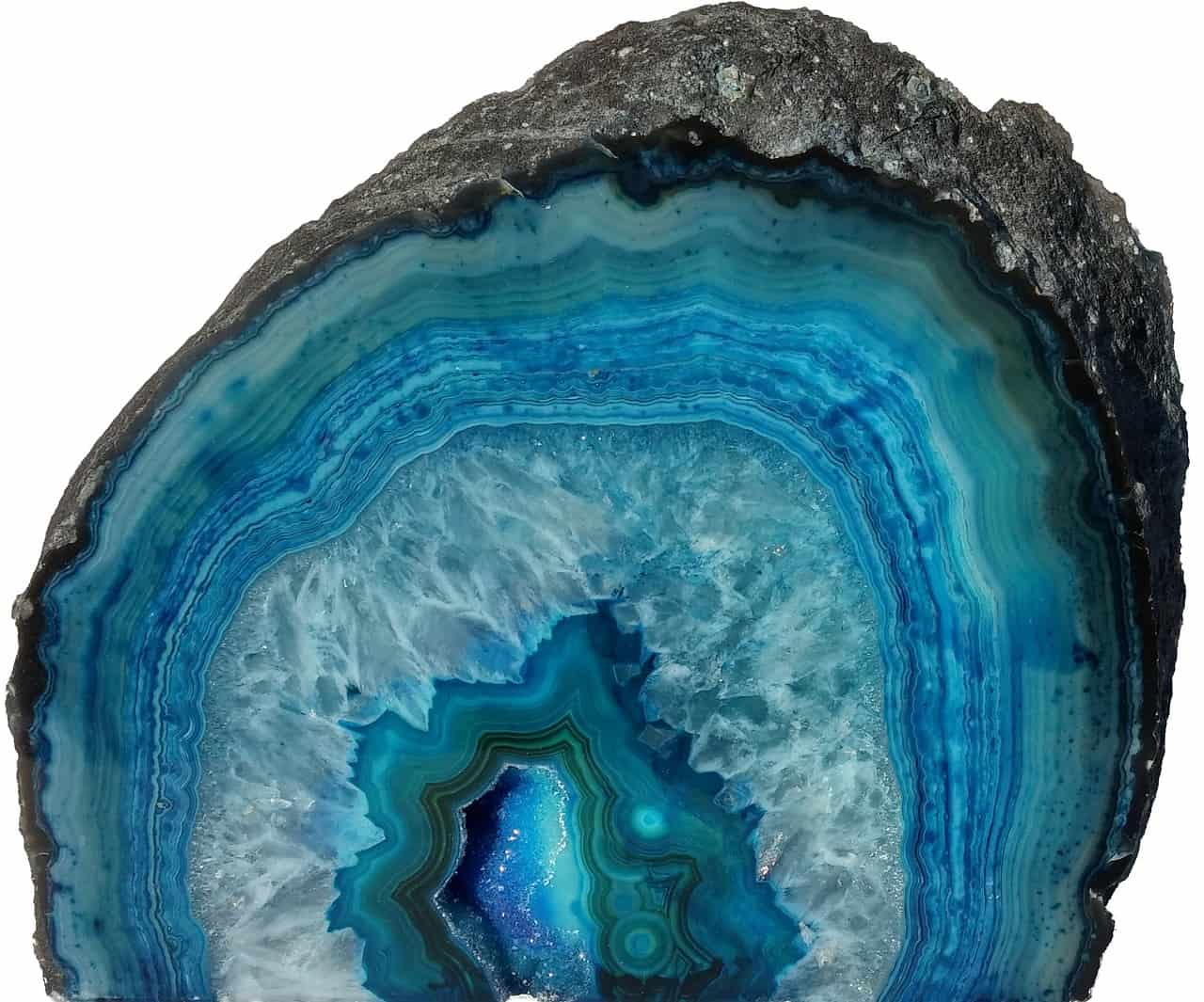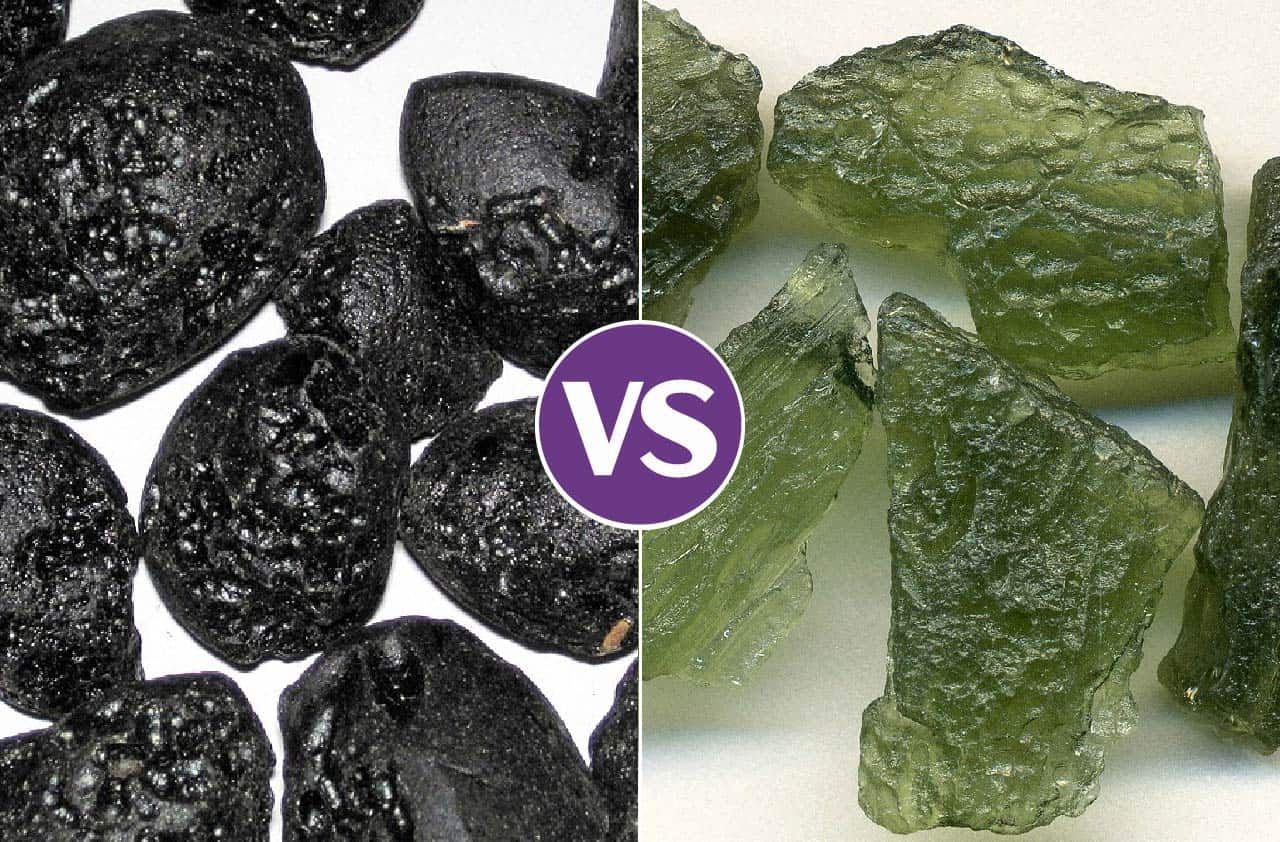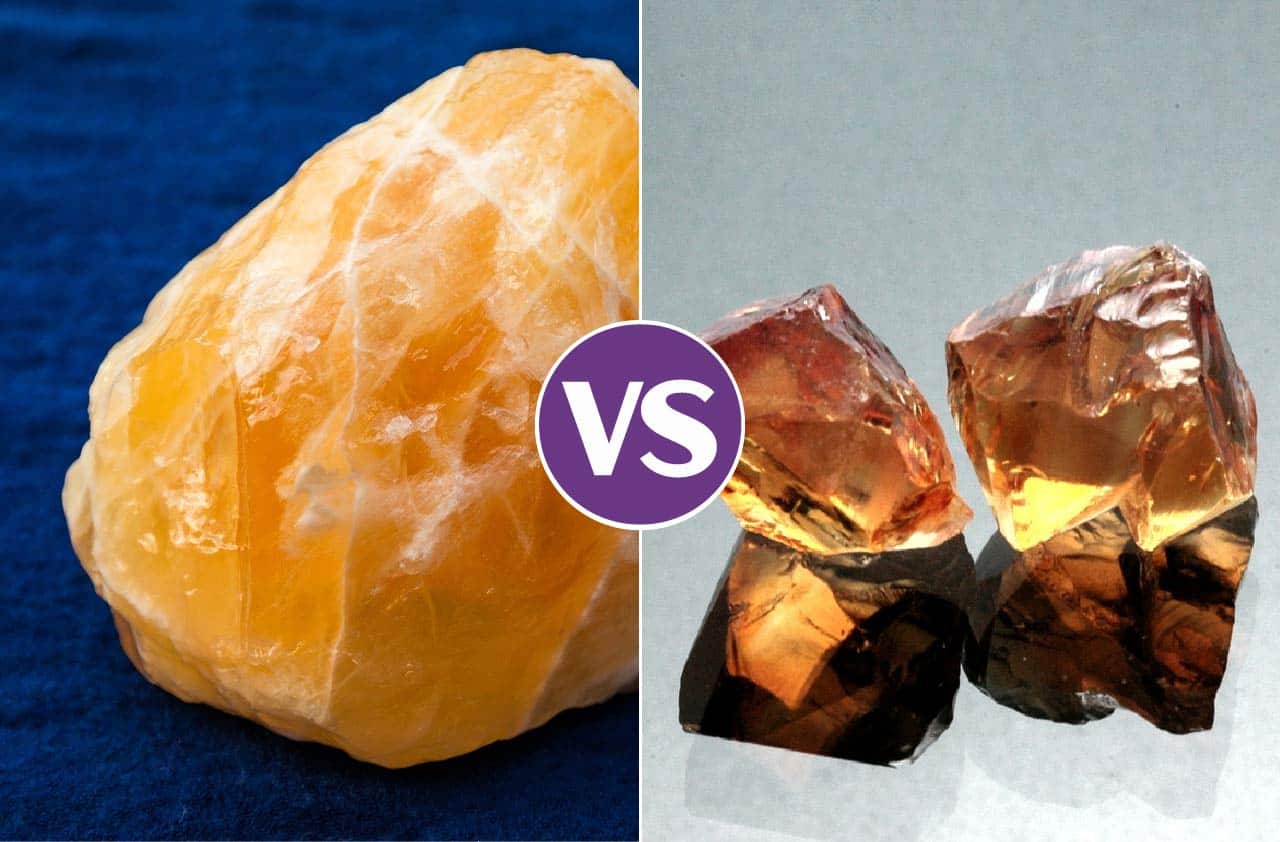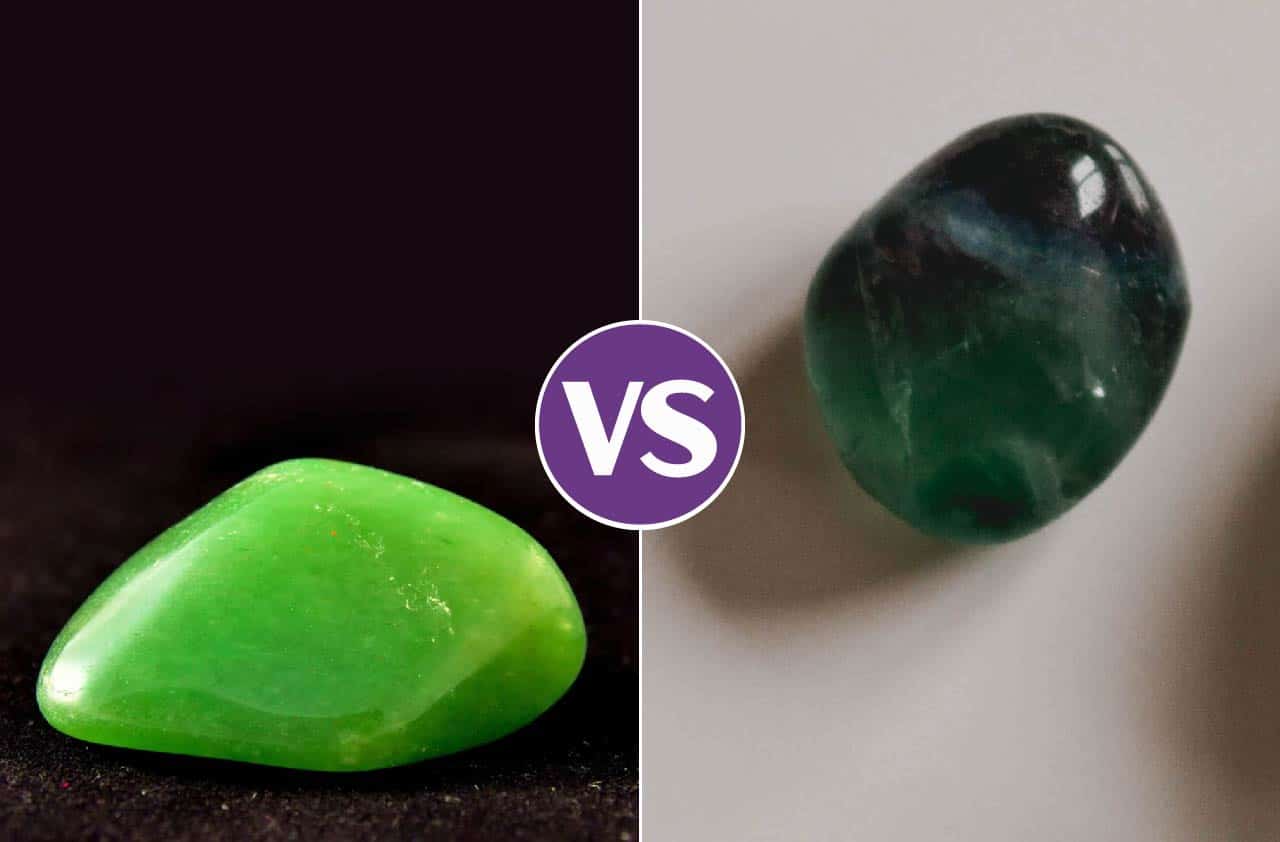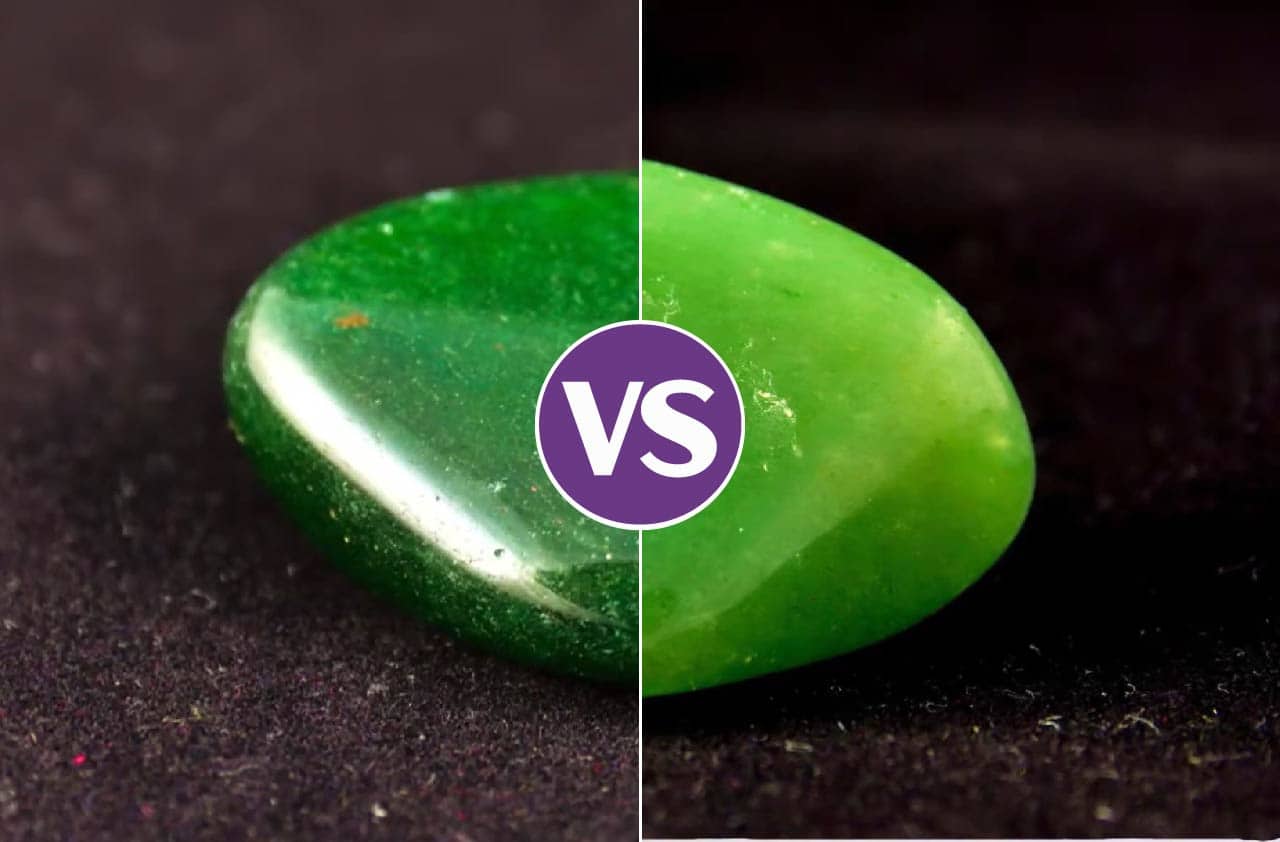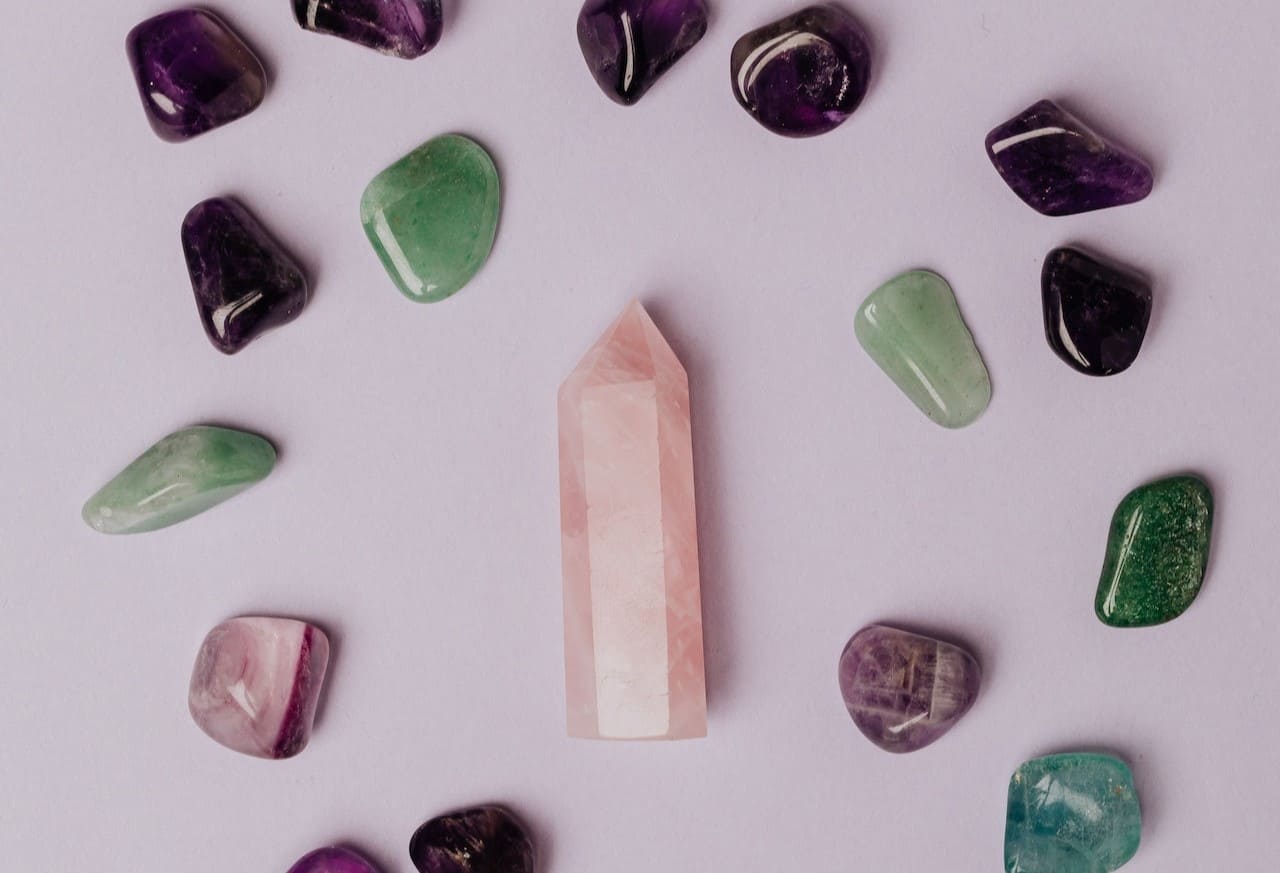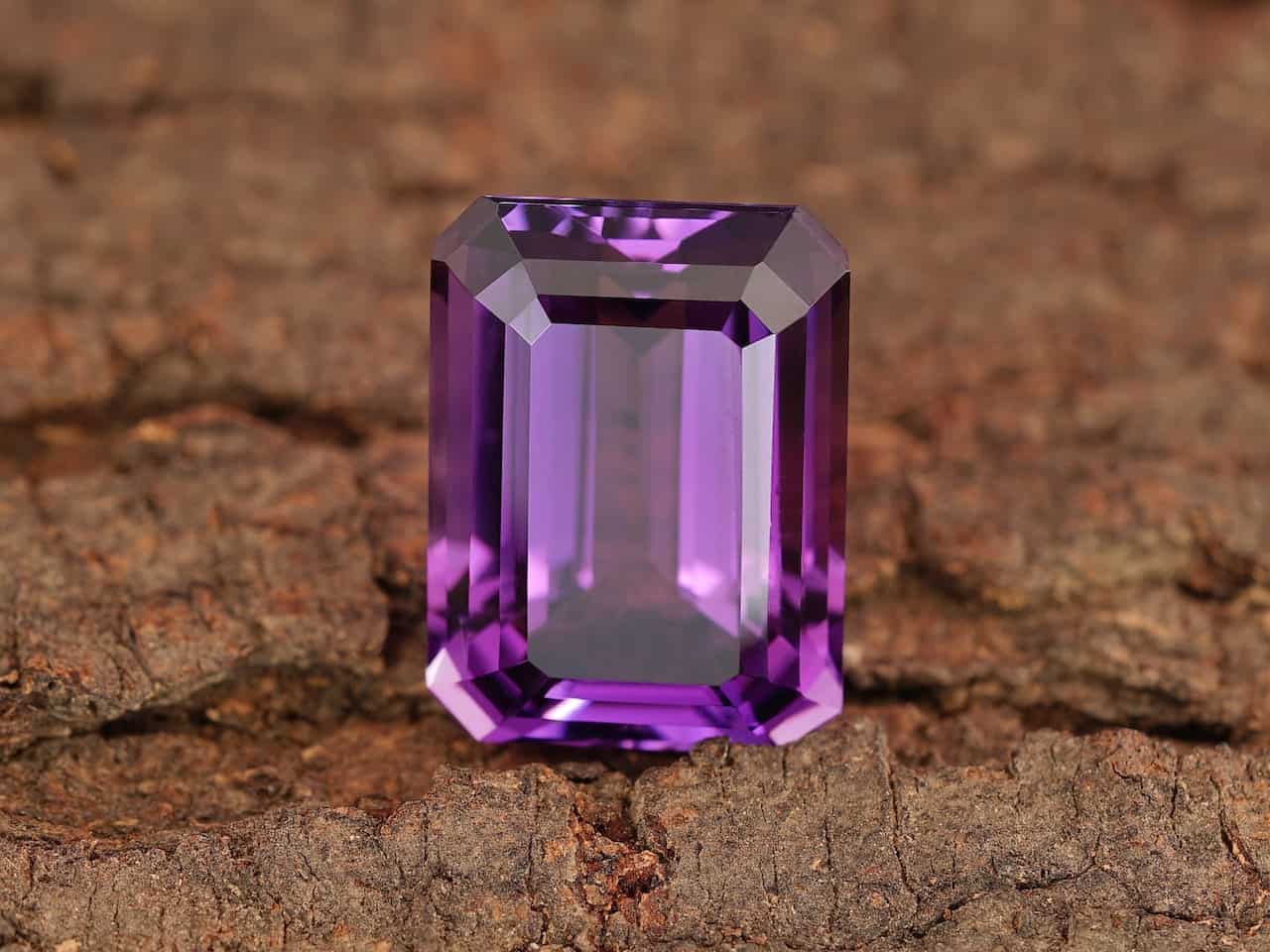Did you know that around 35% of the world's diamonds are consumed in the United States?
In 2019, U.S. imports related to the consumption of gem-quality diamonds amounted to around $23 billion.
But how do all these people buying diamonds from different sources know that they are buying the real stuff?
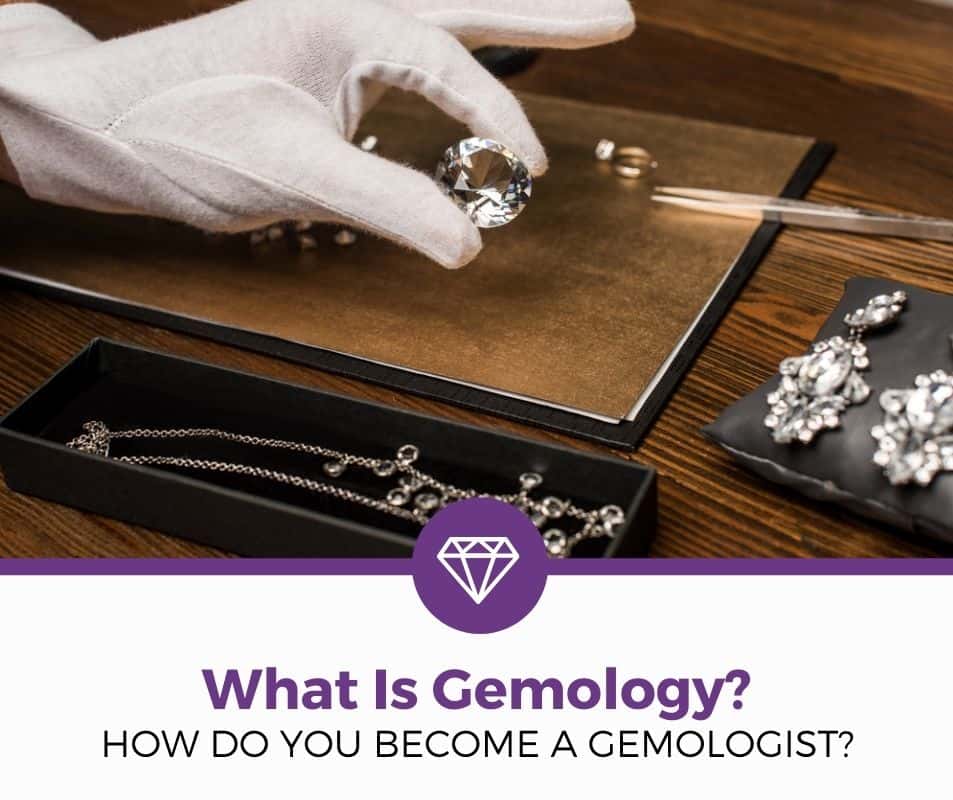
They often need the help of a gemstone expert known as a gemologist.
Gemologists play an important role in assisting inexperienced jewelry buyers, who often find it difficult to tell the difference between the best man made diamonds and the natural ones, or even fake ones, to make decisions.
They also help diamond buyers to understand the different ways of cutting diamonds and how this impacts value, determine where diamonds came from, and get an idea of the quality of diamonds—which plays a key role in identifying the best places to buy engagement rings online.
Gemology deals with the study of gemstones, and gemologists are the best source for customers to know whether the diamond they want to buy is authentic. But what exactly does a gemologist do?
How can I become a gemologist?
How much can I expect to be paid as a gemologist, and who employs gemologists?
In this article, we answer all these questions and more.
What Is Gemology?
In an article published by the International Gem Society (IGS), Donald Clark (the founder of IGS) defines gemology simply as “the scientific study of gemstones.” In other words, gemology is the study of precious stones.
But what does this science involve? It involves identifying, cutting, and valuing the gemstone for jewelry.

Gemology also deals with the materials from which gems are made, the correct industry terms, and testing, cutting, and polishing methods. With advances in technology, gemology also studies the synthetic manufacture of gemstones.
Gemology is sometimes defined based on two categories: special gemology and practical gemology. Special gemology focuses on varieties and classes of gemstones, including human-made gemstones, mined gemstones, and imitations.
On the other hand, practical gemology deals with real-world issues like the properties and characteristics of different gemstones. It may also involve grading, as well as separating the imitations from the natural gemstones.
What Is A Gemologist?
If gemology is the scientific study of gemstones, it then follows that a gemologist is an individual who studies gemology. However, for someone to be officially called a gemologist, they need to have attained an adequate level of formal education and training in the field of gemology.
The training and education obtained by gemologists give them the skills to identify, evaluate, and grade gemstones. These professionals can see things that an ordinary human eye would otherwise miss when looking at the best places to buy gemstones online or in a store.
This is why gemologists often play a crucial role when people want an idea of the value of their gemstones or to determine whether specific stones are authentic.
A gemologist is not just an expert in determining the grades of gemstones or deciding whether the stones they are asked to appraise are authentic; they should also know industry trends and the direction of the jewelry investment markets.
This implies that they often need to research and read up on relevant information to keep themselves abreast of changes in the market.

The Tools Of The Trade
Because the work done by gemologists varies across sub-sectors of the gemology industry, it’s not always possible to list the tools that a particular gemologist will need. However, the International Gem Society (IGS) lists some of the gemologist’s essential tools:
Loupe: A small magnifying glass.
Microscope: Helps determine the materials trapped inside the diamond (called inclusions), allowing the gemologist to determine whether a gemstone is natural or synthetic.
Refractometer: Provides the gemologist with a gemstone’s refraction index, an important indicator of a stone’s identity.
Balance Beam Scale and Heavy Liquids: Help the gemologist measure the specific gravity of the stone by looking at whether the stone will float or sink when submerged in a heavy liquid. Knowing the density of a stone can assist in distinguishing it from another similar-looking stone.
Dichroscope: Is a pocket instrument that separates the colors of the gemstones and can be used to differentiate synthetic gems from natural ones.
Polariscope: Also used to differentiate between natural and synthetic diamonds by detecting strain and twinning (indicating the existence of intergrowth in the crystals of the diamond) in the stone.
Spectroscope: Is a handheld instrument that tells the gemologist what elements are contained in the stone, making it possible to determine what type of stone the gemologist is looking at.

The IGS also lists some additional miscellaneous items required by a gemologist. These include tweezers or a gem holder, micrometer or calipers, a scale, jeweler’s eye, lighting and stands, a calibrated scale, and a diamond detector.
Careers In Gemology
The J.D. Institute of Fashion Technology, an Indian award-winning fashion design institution, notes that gemology started as an exclusive branch of mineralogy (the science of minerals or mineralized artifacts and their physical, chemical, and crystal structure), but over the years, has grown into a science of its own.
The J.D. Institute lists different career paths under the broad area of gemology:
Lab researcher and grader: Works in a lab using advanced lab equipment to investigate gemstones collected from the field. The work involves identifying gemstones and grading them.
Appraiser: Is responsible for estimating the value of a gemstone. According to the IGS, “This can be a challenging career” because “Many variables and subjective opinions go into honest appraisals” and “Slight differences in grades can sometimes mean differences of thousands of dollars.”
Retailer: Apart from the salespeople that facilitate the administration related to purchasing a diamond, retailers also need in-house specialists who assist customers in making informed decisions when they buy jewelry containing gemstones.
Merchandiser: Is responsible for managing the merchandising strategy. They estimate demand, decide which products will be ordered, and then find the right vendors from whom the required pieces will be purchased.
Diamond and gemstone buyer or wholesaler: Is responsible for making decisions when buying small or large quantities of diamonds from various sources where they are made or mined. They are also responsible for finding new sources of gemstones and determining the value to be paid so that the precious stones can later be sold at a profit.
Jewelry designer: Is responsible for taking a rough gemstone and using it to create an exquisite diamond ring at the jewelry shop.
Auction house or museum specialist: When auction houses buy gemstones or facilitate auctions on behalf of clients, they need an idea of the value and quality of the stones they will auction. A gemology specialist is needed to provide expert opinion in such a setting.
Jewelry photographer or blogger: Talented gemologist photographers and writers can blog about gemstones using online or print channels.
Lapidary artist: Is responsible for cutting and polishing a gemstone, and turning it into the best diamond earrings that everyone wants to lay their hands on.
Educator: Can work in museums to provide guided tours and help visitors learn things that they may otherwise have ignored.
How Do You Become A Gemologist?
From the above list of paths that someone who wants a career in gemology can follow, it’s clear that the field accommodates people of varying interests. But how do you become a gemologist?
Essential Qualities
Before you can start considering how to become a gemologist, let’s look at some of the essential qualities you’ll need to possess to work in this field.
One of the most important qualities is attention to detail. When customers approach a gemologist, they do so because they don’t have the skill to see and interpret some of the details in their gemstones to determine all the characteristics of the precious stones. Therefore, a gemologist will need to be an individual that pays attention to detail.
As can be seen from most career paths in gemology, as described above, mathematics constitutes an essential skill for someone that wants to thrive in the field. You will need knowledge of math to use most of the tools used in the trade. Added to this, you will need to be a good and clear communicator to present your findings to laypeople.
Gemologist Training
According to Gem Rock Auctions, the online marketplace of loose or rough gemstones, birthstones, and minerals, “Unlike traditional career paths that require a college degree, gemology is a skilled trade you learn from taking certification classes.”
Gem Rock Auctions lists some training options for individuals that want to follow a career in gemology:
Gemological Institute of America: Promises students “comprehensive knowledge of diamonds and colored stones you need to succeed anywhere in the jewelry business.”
Gemmological Association of Australia: Provides courses that culminate in a GAA Diploma in Gemmology. Once you graduate from the institution, you can apply for the Fellowship of the Association.
The International Gem Society: Has an array of courses that can be done online. Examples include Diamond Specialist Certification Course, Professional Gemologist Certification Course, and Gemology Tools Mini Course.
You can also easily find information about local independent schools and apprenticeship programs in your area.
Where Do Gemologists Work And How Much Are They Paid?
An analysis of online job sites shows that gemology graduates can be employed in numerous industries. Some of the common industries that employ gemologists include mining, jewelry showrooms and shops, jewelry laboratories, training institutions and museums, auction houses, retail jewelry consulting firms, and even directly by the best online diamond stores.
According to the job search engine, ZipRecruiter.com, the national average salary for gemologists in the U.S. ranges between $24,000 and $73,500 a year, with the national average sitting at $42,110.
The job site Zippia.com puts the average salary of a gemologist at $54,374 a year, which translates to an hourly rate of $26.14. The same source says that “Between 2018 and 2028, the career is expected to grow -7% and produce -2,800 job opportunities across the U.S.”



